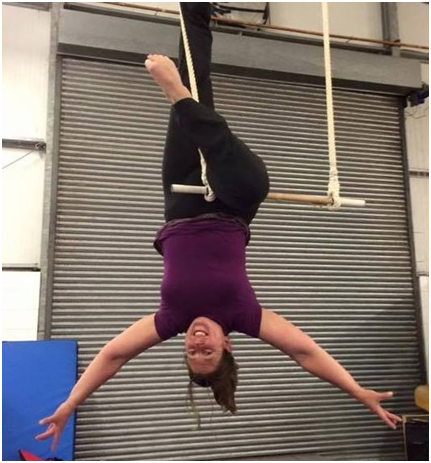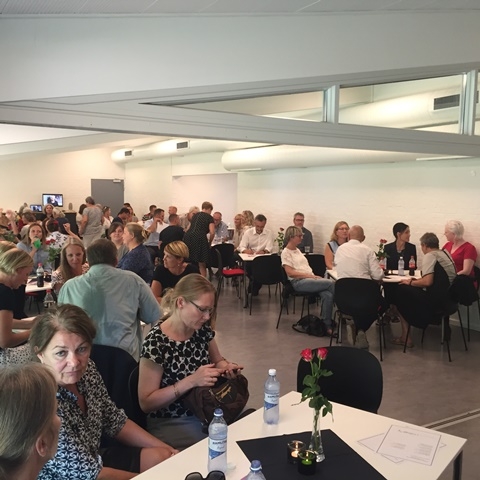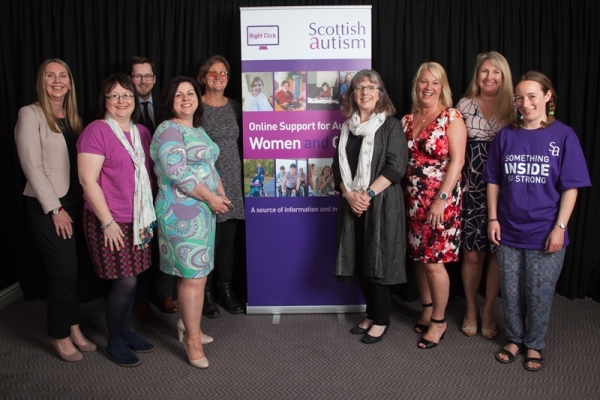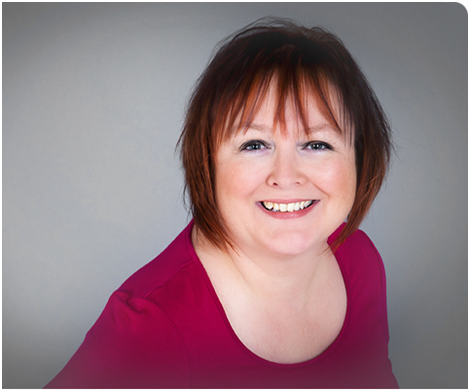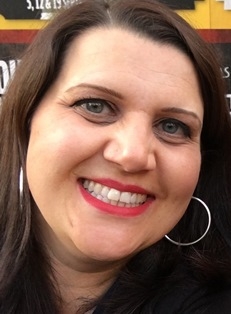I was working as a waitress in a cocktail bar...
Dr Shirley Smith (nee Moore)
…not quite, but at 15 years old, I followed a friend into a Saturday job waitressing for wedding receptions. The owner was a dragon (not literally) and most people lasted in the job for 3 weeks. I lasted 3 years! The work was routine with a defined structure, I wasn’t expected to speak to the guests other than “excuse me”, “may I clear your plate” etc. I followed instructions, worked hard and did not waste time gossiping in the corridors. So I mostly managed to avoid the dragon’s fire. I didn’t particularly enjoy the job, but it was easy money.
I always wanted to be a doctor. I would be glued to TV medical documentaries and dramas and I loved hospitals! However, executive functioning challenges meant I was not able to access the work experience and other extracurricular activities required for medical school. Nor did I have the confidence or communication skills to sell myself to interview panels of authority figures. I liked maths and physics so I read engineering at university, which had the advantage of not requiring a high level of social skills!
I didn’t work while studying. I did not have a wild social life to support and I managed with a grant. My mother, however, was less than impressed when I spent holidays in my room reading. “Why don’t you get a job?” If only it were that simple! The possibilities and anxieties were too overwhelming and I didn’t know where to start. My mother found me some work once, picking apples - I was the worst picker the farmer had ever had (so she told my mother)! Why? I was left in an orchard with no instructions. So I picked apples… but only ones that I would want to eat. I examined every apple rejecting those with the slightest blemish! Apparently I should have picked everything, I would have filled more boxes and actually covered my bus fare!
I underachieved at university. I couldn’t concentrate during lectures or tutorials so had to teach myself. I would put in 110% to the subjects I was keen on, but neglect others. I once failed a paper spectacularly but got 98% on the re-sit. It wasn’t an academic problem but an executive functioning and sensory one. My peers moved onto large city companies. I stayed in the “safe” world of academia for an M.Sc. in medical engineering.
I graduated with distinction, but was stuck. I didn’t know how to transfer my intellectual skills to a “proper job”. Fear of failure, appearing stupid, not fitting in and the prospect of commuting kept me from applying for industry positions. In hindsight my social communication, social imagination and sensory difficulties were evident here, but I covered them up, ashamed and embarrassed that I couldn’t be like everyone else.
Eventually I secured an IT post within a medical school; my future boss saw something that would fit in well with his small team of computer “geeks”. This was a good job, I got to write code, work flexible hours, cycle to work, dress casually AND work in a hospital! My boss believed that most work-related meetings should take place in the pub; the anxiolytic effects of beer helped me to contribute to team discussions in a way that I was unable to do in a more sober environment!
While I was initially happy here, I became plagued by thoughts that something was missing, that I should be aiming for “greater things”. After taking time out to travel and “find myself” I was lucky enough to be in the right place at the right time and 10 years after I first went to university I convinced a medical admissions panel that I could be a doctor.
I thought being 10 years older than my peers would be advantageous socially and emotionally, but during the very first lecture I felt I had made a terrible mistake. Fellow students were chatting to their neighbours and making new friends while I smiled uncomfortably at random people and rustled through my papers. I eventually settled in, mostly enjoying medical school and graduating in the top 5%. Lectures were still hard. Group work was challenging. Clinical work was terrifying! While I loved talking to patients 1:1, examining them and putting together the diagnostic clues, being observed doing so could leave me almost paralysed with fear. I developed my doctor persona by watching and imitating fellow students, but never became comfortable in the role, having to hide my neurodiversity in order to fit in.
I spent the following 10 years as a hospital doctor. I never expected it to be easy, but with an undiagnosed autism spectrum condition it eventually proved untenable and I was finally dismissed following long term sick leave with stress and anxiety.
As a junior doctor, I was really “in at the deep end”. Medical school did not prepare me for the realities of working in the NHS with its financial and staff shortages, bullying culture and unrealistic expectations. I had to learn on the job, I couldn’t retire to my room to read about every condition or procedure I came across ; it was “see one, do one, teach one”, not “see one, research everything about it, finally have the confidence to do one 3 weeks later”! Constant interruptions with “more urgent” tasks were frustrating and exhausting.
Most doctors express the desire to throw their bleep out of the window - I had the urge to follow it. Hours, roles and teams changed daily in some jobs where I never felt like I belonged anywhere or really knew what was expected of me. There was little continuity of care and I felt like a ping-pong ball! My peers seemed happy to manage multiple patients and an ever increasing jobs list, whereas I struggled to think about more than one thing at a time and became overwhelmed easily. I had difficulty prioritising and I found it very difficult to ask for help as I couldn’t explain why I wasn’t coping like everyone else. I was thorough, but inefficient. My attention to detail was seen as being slow, my unwillingness to “just sign this” (without double checking it) or cover last-minute rota gaps meant I wasn’t a team player, and my reluctance to undertake tasks I hadn’t fully mastered meant I was under-confident.
In retrospect I can see why I had problems and where reasonable adjustments may have saved my career. I may have made different choices and had different opportunities had my ASD been known about and taken into account. I have references and comments, from my time as a doctor, praising my teamwork, multitasking, ability to work under pressure etc. However, I have also had comments saying I was unable to do any of these things! It is clear I worked best in small, supportive teams in more rural hospitals where my role was clearly defined, but did not cope well with a busy university hospital where I was a nameless cog in sensory nightmare!
Now twenty five years on, I don’t have the world at my feet. Success hasn’t been so easy for me. I’m exhausted from all these years of forcing my square peg into a round hole. I do believe my perfect job is out there. Hopefully with my new-found insights and acceptance of my differences and support needs it won’t be too long until I find it!

